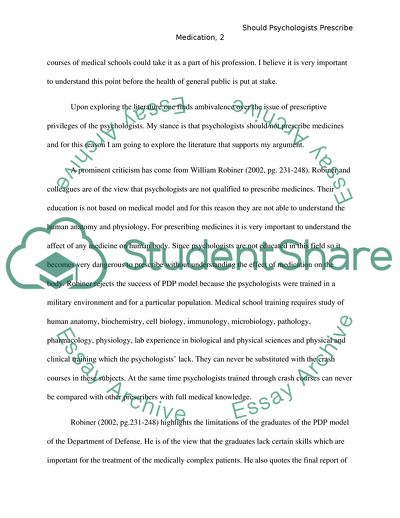Cite this document
(Should Psychologists Prescribe Medication to Their Patients Literature review, n.d.)
Should Psychologists Prescribe Medication to Their Patients Literature review. https://studentshare.org/psychology/1711848-should-psychologists-prescribe-medication
Should Psychologists Prescribe Medication to Their Patients Literature review. https://studentshare.org/psychology/1711848-should-psychologists-prescribe-medication
(Should Psychologists Prescribe Medication to Their Patients Literature Review)
Should Psychologists Prescribe Medication to Their Patients Literature Review. https://studentshare.org/psychology/1711848-should-psychologists-prescribe-medication.
Should Psychologists Prescribe Medication to Their Patients Literature Review. https://studentshare.org/psychology/1711848-should-psychologists-prescribe-medication.
“Should Psychologists Prescribe Medication to Their Patients Literature Review”. https://studentshare.org/psychology/1711848-should-psychologists-prescribe-medication.


